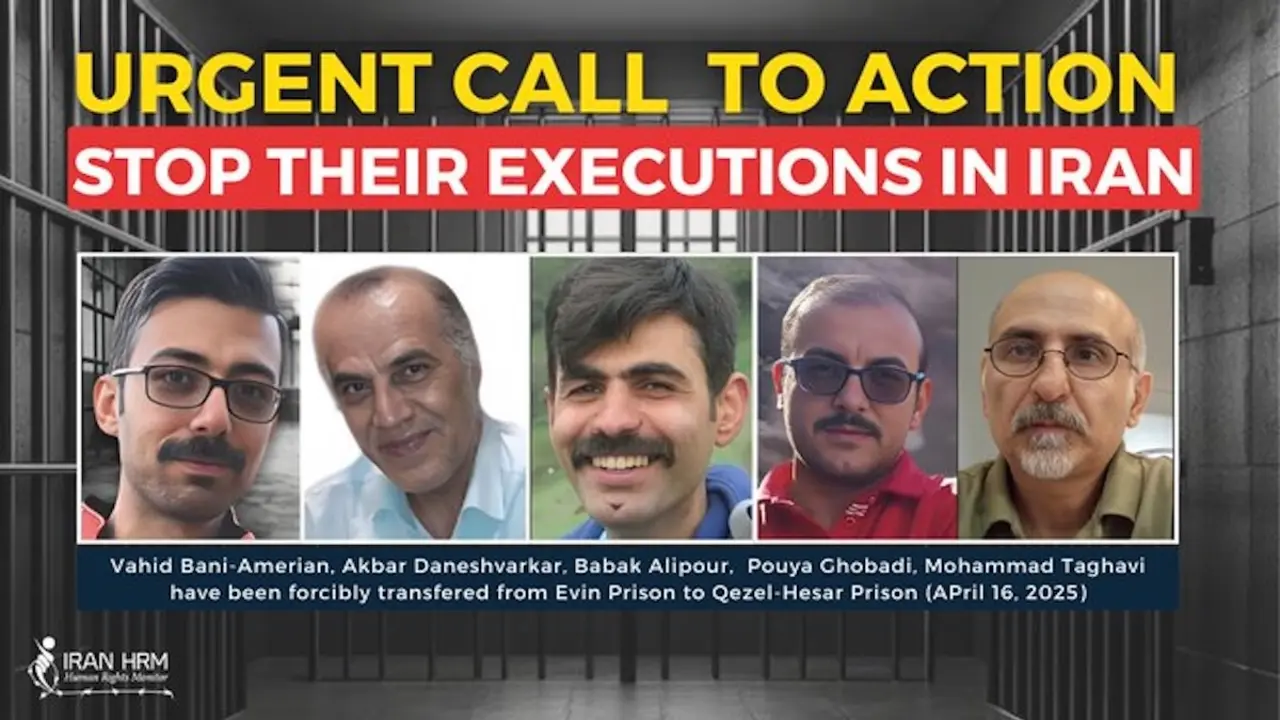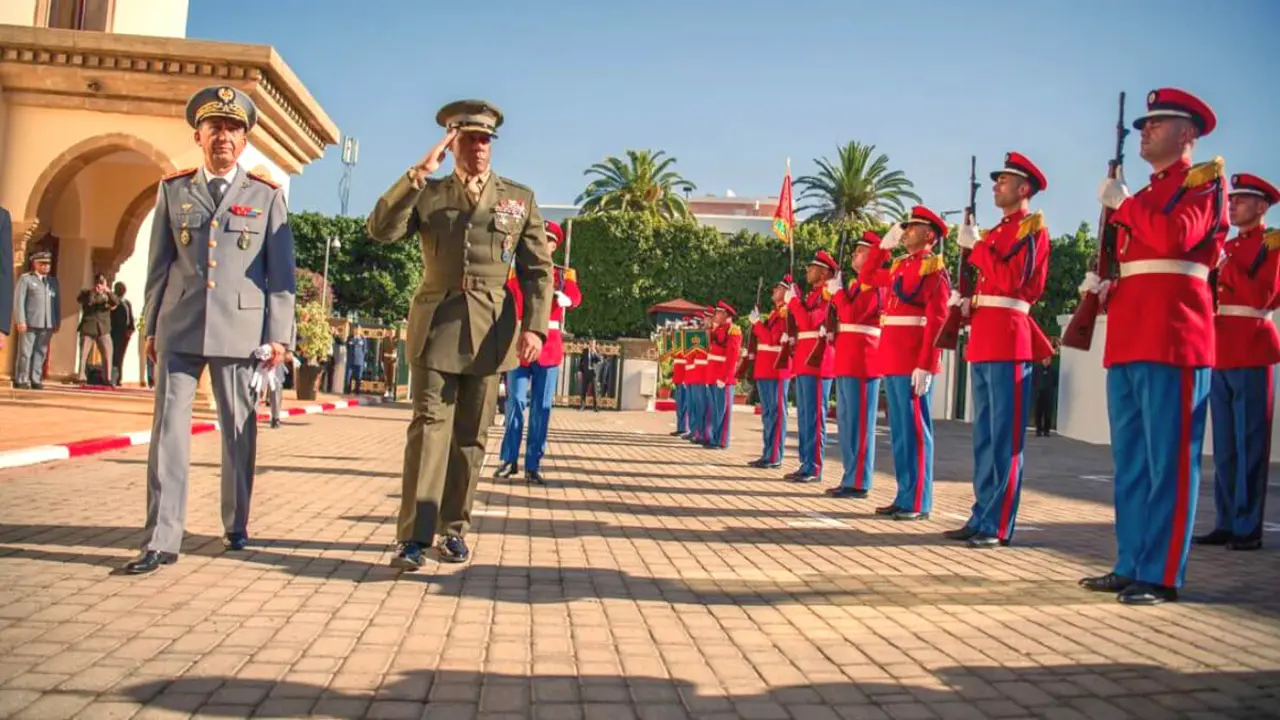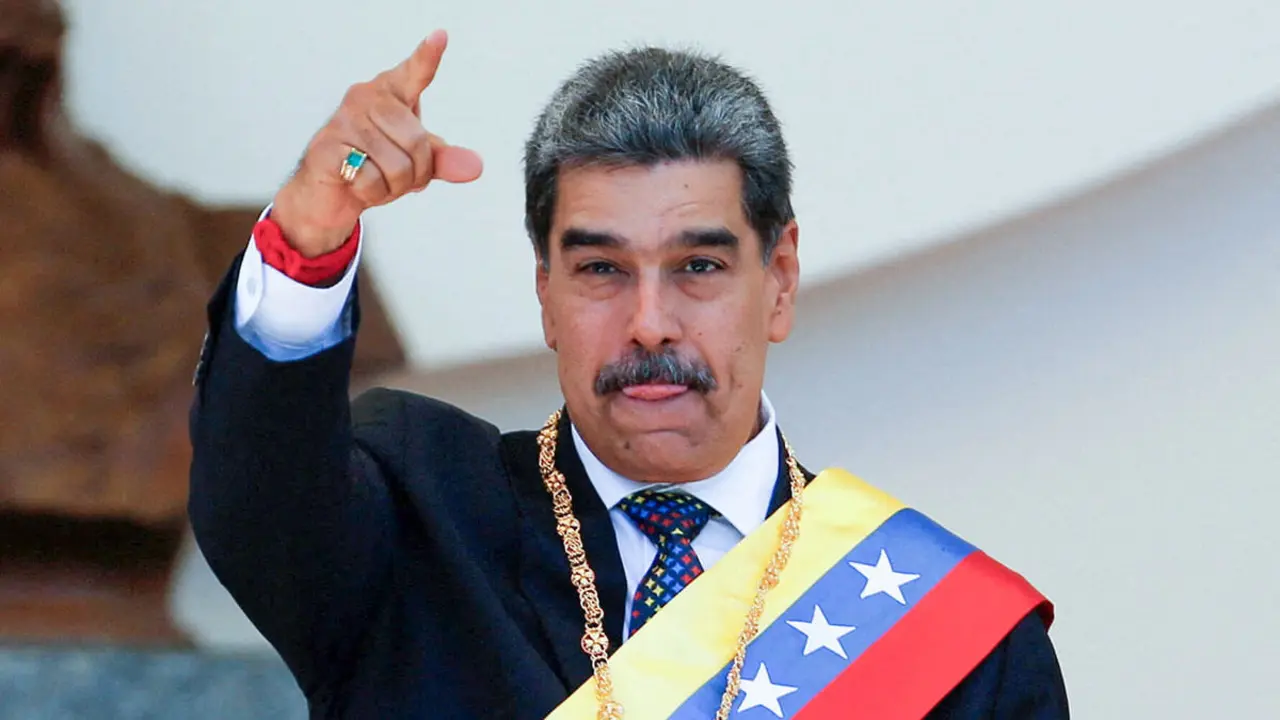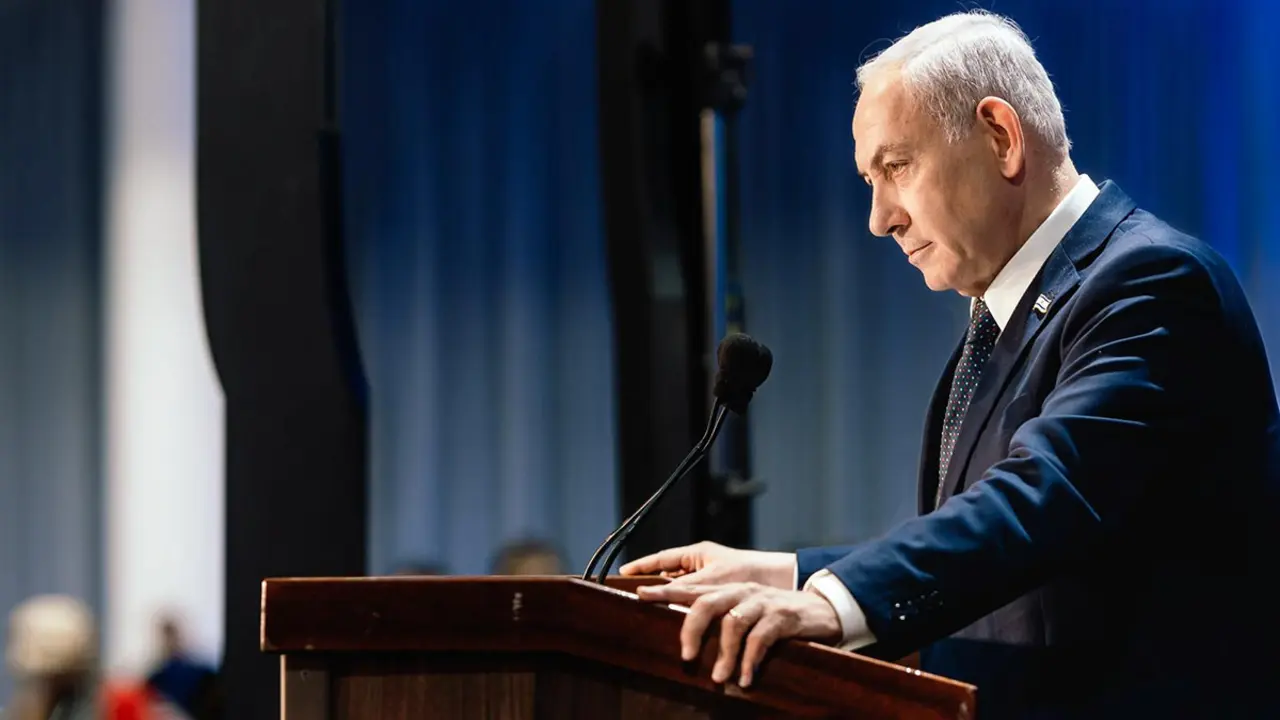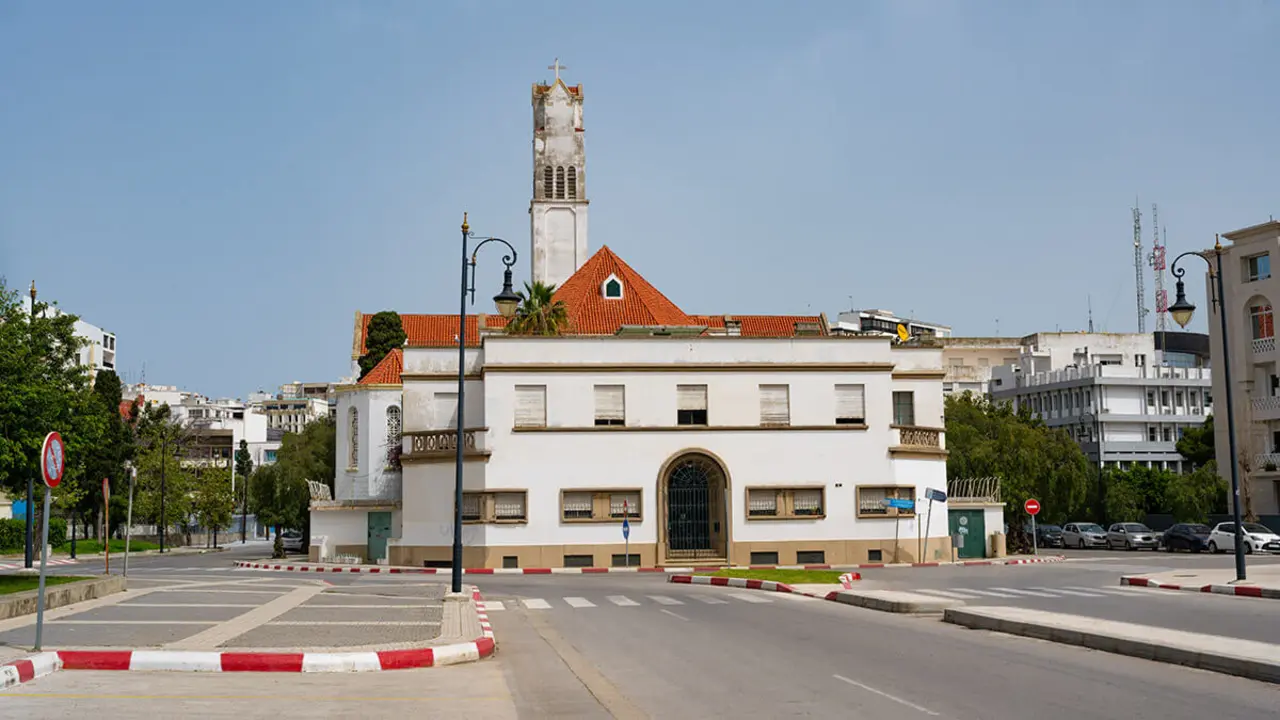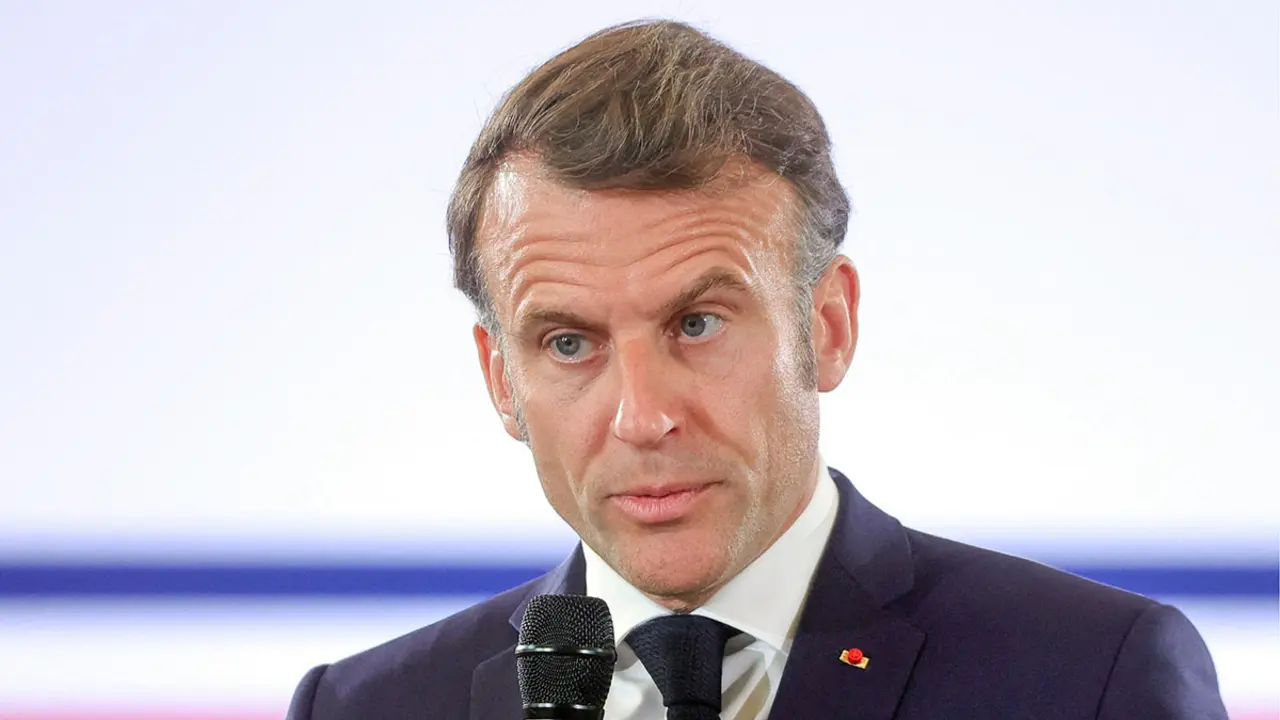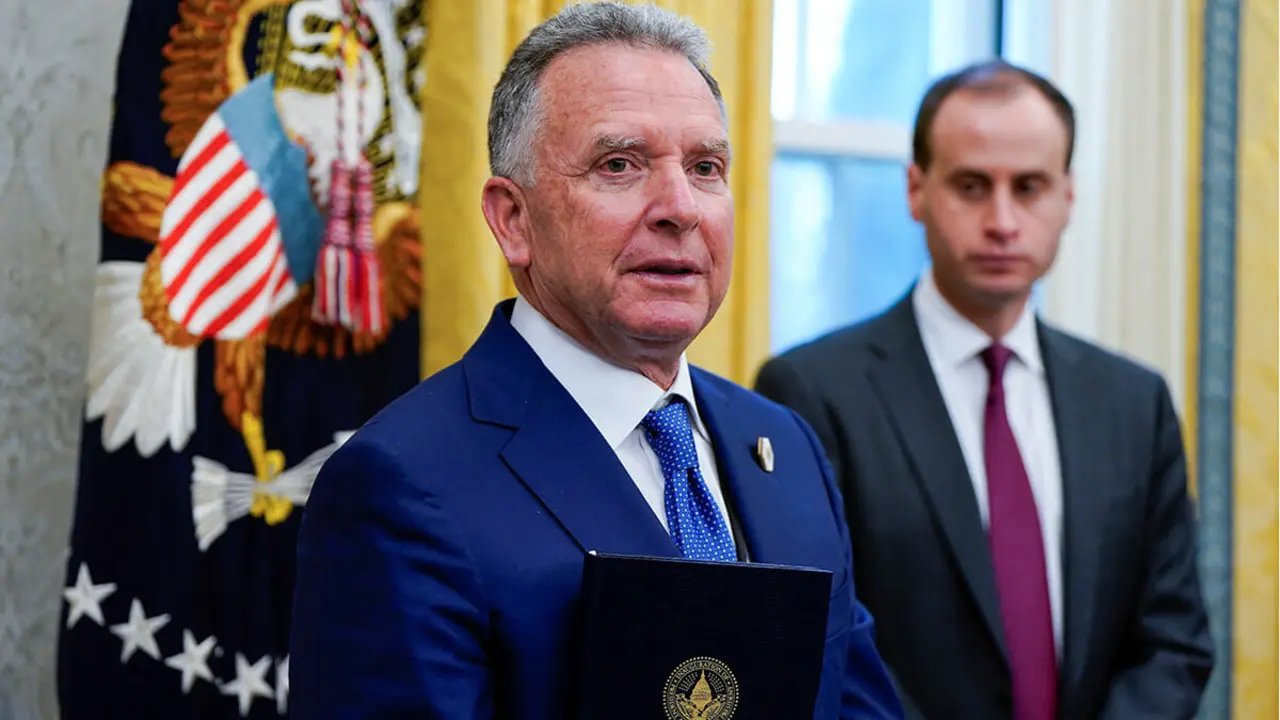Pedro Canales: “Hay soluciones en el Sáhara para que todos los actores salgan ganadores”
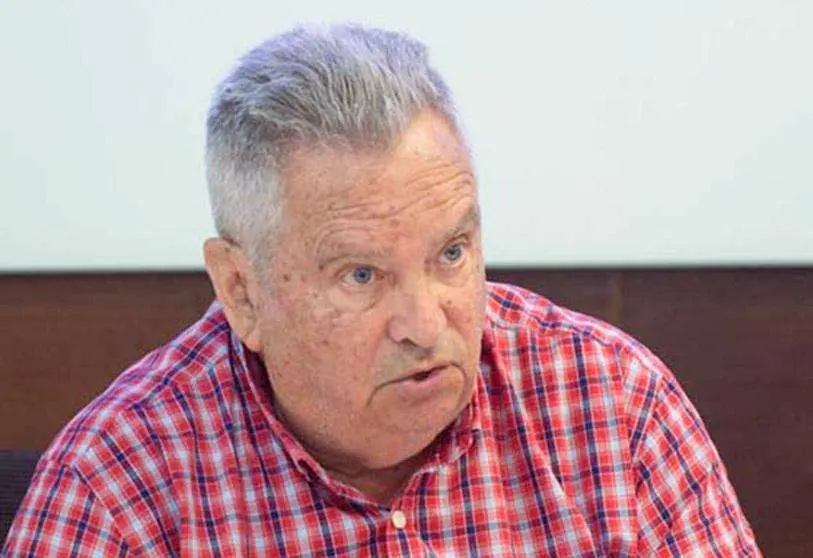
In the latest edition of 'De cara al mundo', Onda Madrid's radio programme, we had the participation of Pedro Canales, an expert in geopolitics and contributor to Atalayar, who analysed Pedro Sánchez's visit to Rabat following the change of position adopted by the Spanish government on Western Sahara. Canales explained the importance of this new stage in relations between the neighbouring countries, while suggesting a formula around which the dialogue table could revolve in order to find a solution to a conflict that has been going on for more than forty-six years.
What is your assessment of Pedro Sánchez's visit to Rabat?
I think that in order to measure the visit to Morocco by the Prime Minister and the beginning of reconciliation between the two countries, I would look at several considerations. Firstly, Spain and Morocco are neighbours and will continue to be so, which means friction and problems, as happens with all countries in the world. If we add to this the fact that Spain is among the developed countries with a significant GDP and Morocco is behind, the clash is inevitable, and Morocco is also the gateway from Africa to southern Europe, which increases demographic, economic, commercial and migratory tension. The second is the origin of the crisis, which was not due to political differences, issues such as Western Sahara, geographical and maritime delimitation, tomatoes and manufactured goods date back much further, and it was not because of this that the crisis came to a head, but because of a lack of trust. Something broke down in the relationship as a result of broken promises, deceit, insincere behaviour, the Ghali affair, which led to the crisis, and that is what is now being restored. The position adopted by the Spanish Government on the Sahara is a sign of goodwill as well as a very intelligent policy with a vision for the future. Thirdly, and most importantly in my view, the bilateral commissions must be set up with professional people, leaving aside politicking and moralistic calculations and working with concrete dossiers and a good road map. Fourthly, I am not afraid of territorial differences over Ceuta and Melilla, over the waters of the Canary Islands, the Mediterranean or the Straits of Gibraltar, or over airspace, because all of this seems to me to be a normal occurrence. Those who criticise Pedro Sánchez's trip because he has failed to elicit Moroccan declarations on Spain's sovereignty over Ceuta and Melilla are frankly missing the point. Spain has territorial and maritime delimitation problems with all its neighbours, with Portugal over Olivenza; with France over the waters in the Bay of Biscay; with Britain of course over Gibraltar; and even with Algeria it has problems over the exclusive economic zone of territorial waters, but there are no wars, so there is no reason to tear our hair out, and the same goes for Morocco. The border and sovereignty recognition issues are going to go on for a long time. Fifth, with regard to Western Sahara, it was normal for the Polisario and Algeria to criticise the position adopted by Spain and the spokespersons of all the Spanish parliamentary formations and others from civil society who have raised their swords, it is regrettable that the opposition does not have a vision of the state and a strategic plan for Spain. If I were Pedro Sánchez, which I am not, I would send a Spanish delegation to the Sahara, to both Laayoune and Tindouf, with sociologists, economists, politicians, people of culture and science, to see what state they are in and how to implement this Moroccan proposal for regional autonomy, on this point Spain must give its opinion.
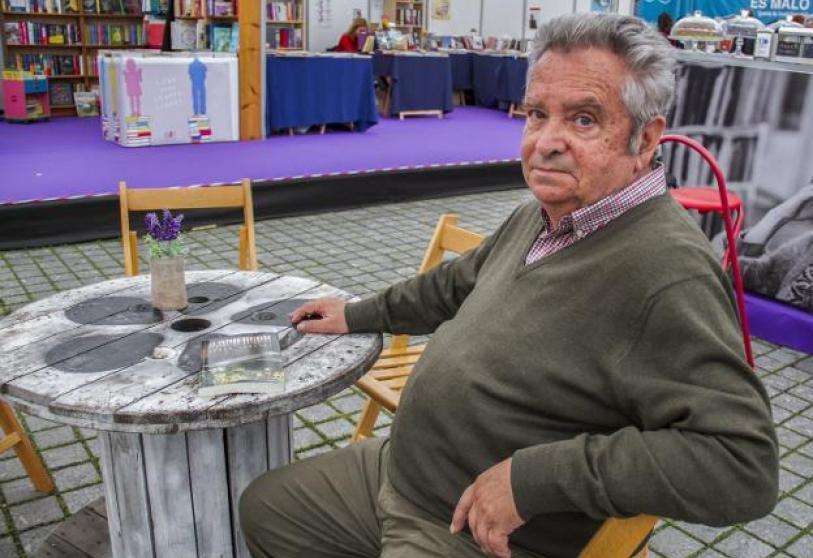
Pedro, the five points you have been making are very interesting, but I would like to ask myself, have the politicians who are disqualifying everything that is happening ever been to Morocco?
Deep down I think that we Spaniards still have that feeling of the war in Africa, the defeat in the Rif, the war of Tetouan, and there is something hidden in our way of being and thinking that comes to the surface. Every time I read the headlines in the press about a neighbour who is making the progress he is making, and possibly needs to make more, and they are aware of it and say so, but if that is said about a neighbour when these people come to have a share of power, what will become of independent journalism?
You spoke of a Spanish delegation visiting Laayoune, Tindouf or Dakhla, because the heart of the matter is really to resolve a conflict that has lasted more than 46 years, that destabilises the region and that morally and ethically is a blow to consciences due to the undignified conditions of thousands of human beings in Tindouf, of which the terrorist groups in the Sahel region take advantage. This conflict must be closed as soon as possible to prevent instability from spreading throughout the region.
Indeed, it is a loophole through which terrorist groups that we see gaining a foothold in the Sahel area, from Burkina Faso to Libya, can slip in and roam the region at will. Spain is very committed to the cause, we have more than 500 soldiers in Mali, which is important but not enough, we need intelligence and a strategy for the future. The Sahara issue must be resolved, and knowing Algeria, I believe that the Algerians want to resolve the conflict. The key here is that they want to resolve the issue without losing the primacy they believe they have in the region geopolitically speaking, it is an old rivalry that goes back to before the Sahara issue, and they want to maintain the status quo, sitting at the negotiating table in a winning position. The solution here may be a win-win solution, not necessarily a win-win solution, some will lose privileges, some will lose rents, some will lose their role as soldiers and some will have to make concessions, but it is a win-win solution in terms of stability and economic development. The problem is that there has never been a good understanding between Morocco and Algeria because both countries are quite autarchic, that is, they are focused on their own development and have not had the need to coordinate and cooperate with each other, as has happened in Europe or in other regions, each in its own way. France in particular has encouraged this individualism between the two countries in order to keep its own interests intact.

Do you think Staffan de Mistura will be able to bring all the parties back to the negotiating table in Geneva to put an end to this conflict once and for all?
Personally I think so, but perhaps he will have to change the form a little, because with the same form Algeria would lose credibility because from the very first moment it said that it no longer accepted the formula of a four-way dialogue table. Nor are there many alternatives, because if they want to sit down to negotiate they have to do so with delegations present, perhaps with a different international observer among which the US, Spain, the European Union or Saudi Arabia as representative of the Arab world could participate, some formula that allows the Algerians to save face and the Polisario to maintain its leadership, but the only solution is Staffan de Mistura's proposal.
For the time being, the Spanish government's decision has given a certain impetus for negotiations to move in this direction, relations with Morocco are being restored, borders are being reopened, we will see how the working groups can gradually find solutions to various aspects of bilateral relations, and the goodness of everything that is happening will become clear sooner rather than later, despite the criticisms.
The fact that Pedro Sánchez did not consult or inform the opposition or the Parliament in order to take this political position is a mistake, but if he had done so, this position would probably never have been adopted.

